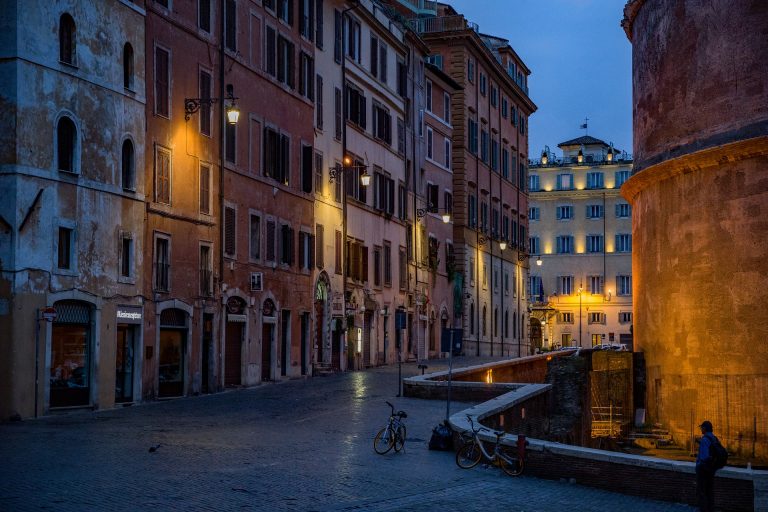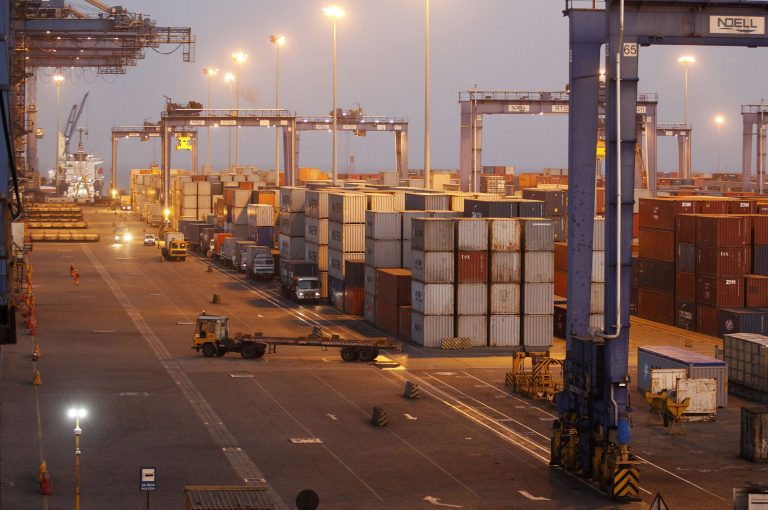Half of Italy has entered into a new lockdown after a spike in COVID-19 infections raised worries about the pandemic getting out of control. The recent lockdowns are applicable in 9 of the country’s 20 regions and include Milan, Venice, and Rome. The restrictions will remain in effect until at least April 6.
Regions designated as ‘red zones’ will have the strictest restrictions, with people unable to leave their homes except for work or health reasons. Shops deemed ‘non-essential’ will remain closed.
In ‘orange zones,’ people are barred from leaving their town or region except for health or work reasons. Bars and restaurants may open for takeaway and delivery service. The entire country will be placed in the red zone between April 3 and 5, including Easter Sunday and Monday.
If any region registers coronavirus infections at a rate of 250 per 100,000 residents, the area will automatically enter lockdown. The Italian health ministry hopes that the restrictive measures will bring down the R rate, which refers to the number of individuals who can contract the virus from an infected person to one.

At present, Italy’s R rate is at 1.6, and newer strains are spreading throughout the country, with both the UK and Brazilian variants identified by the health ministry.
Success
You are now signed up for our newsletter
Success
Check your email to complete sign up
Prime Minister Mario Draghi said that the new measures are necessary since Italy is facing “a new wave of infections.” He praised his countrymen for their “infinite patience” and announced that the government would provide financial support for both families and businesses.
“I’m aware that today’s restrictions will have consequences on the education of your children, on the economy, and on everyone’s mental health… But they’re necessary to avoid a worsening of the situation that would require even stricter measures,” Draghi said in a statement.
Rising numbers of infection in Italy
The number of infections in Italy has been rising over the past six weeks and currently exceeds 25,000 cases per day. It is the second most affected country in Europe, with more than 3.23 million infections and over 102,499 deaths.
In most regions, hospitals and ICUs are overloaded. The only place where infection rates are low is Sardinia’s island, classified as a ‘white zone.’ The country’s new national vaccination plan aims to get at least 80 percent of its population inoculated by the end of September.
Two million people in the county have been fully vaccinated so far, which only accounts for three percent of the total population. Vaccine deliveries are expected to rise from 15.7 million doses in Q1 to 52.5 million in Q2 and 84.9 million during Q3.
Russian vaccine
Meanwhile, an Italian company has signed a deal to produce the Russian COVID-19 vaccine Sputnik V. The agreement is between Kirill Dmitriev, head of the Russian Direct Investment Fund that markets Sputnik V, and Adienne Srl, the Italian subsidiary of a Swiss-based pharmaceutical company. The deal will have to be approved by Italian regulators before the vaccine production can go ahead.
Italy’s health minister had earlier commented that its nationality is of no interest if a vaccine works. He affirmed that the government is willing to collaborate with Russia. Several other nations have also expressed interest in the Russian vaccine. This has created a problem for the EU, which has criticized Sputnik V and accused Moscow of using it as a propaganda tool.
“We should not let ourselves be misled by China and Russia, both regimes with less desirable values than ours, as they organize highly limited but widely publicized operations to supply vaccines to others… Europe will not use vaccines for propaganda purposes,” Charles Michel, who chairs EU summits, said in a statement.
Follow us on Twitter or subscribe to our weekly email







